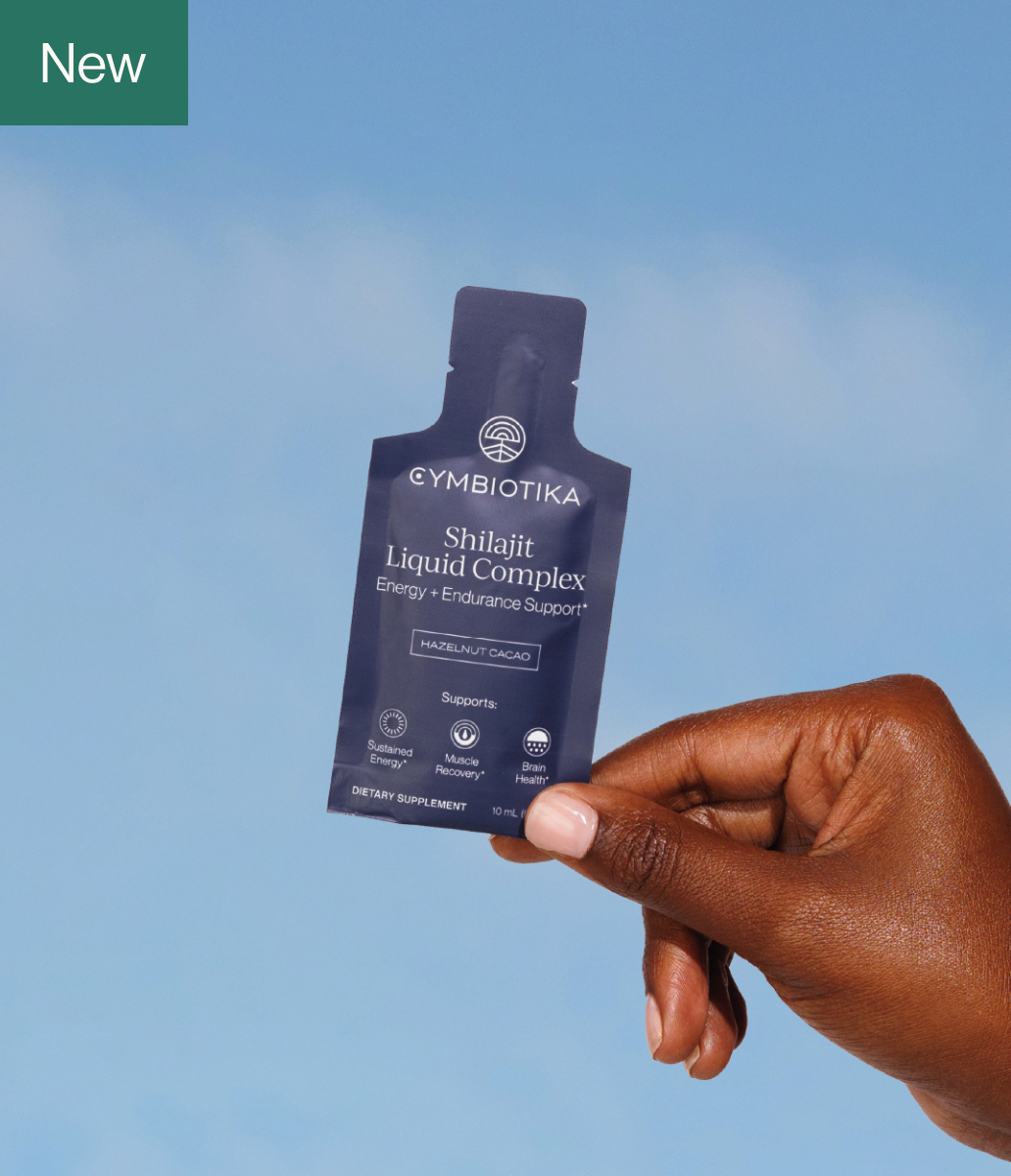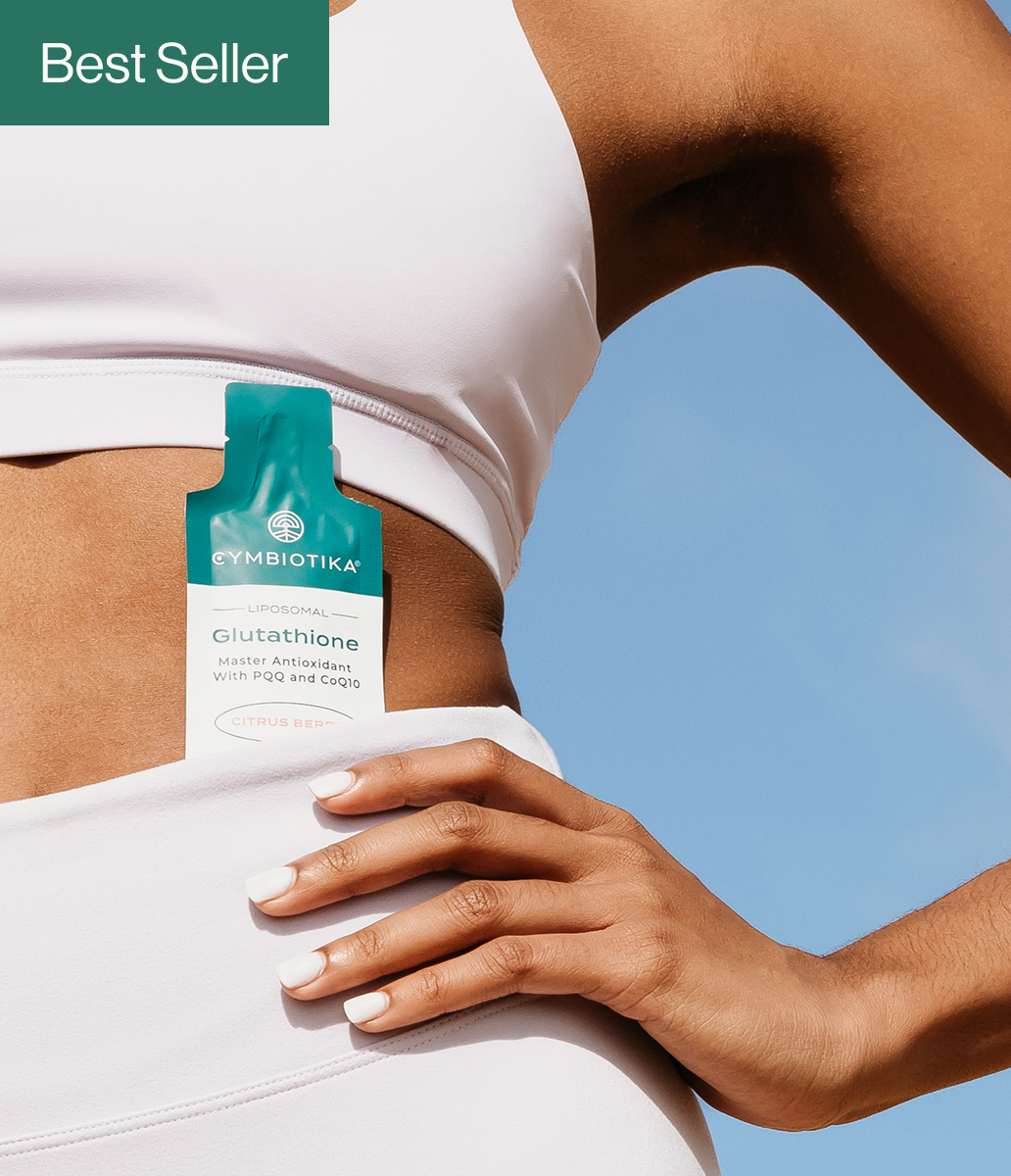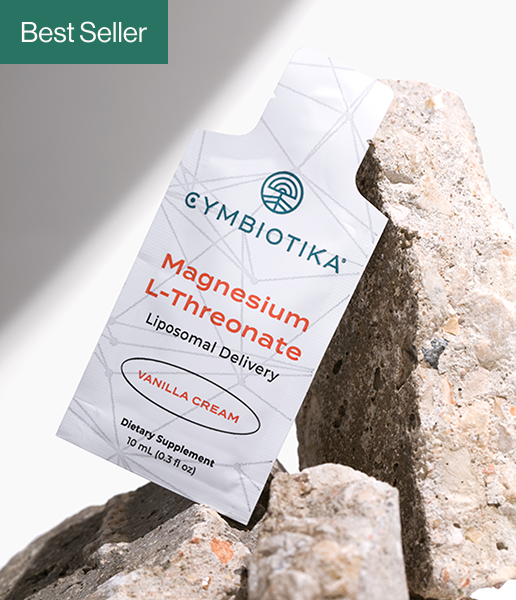
If you’ve taken an anatomy class before, you already know the liver is the largest solid internal organ in your body. Liver function is a necessary part of the detoxification process, and the processing center of vitamins, minerals, and nutrients.
The liver is a fairly hardy organ, meaning it is rare for complications to occur unless there is quite a bit of damage. Because the liver is such an integral part of your body’s digestive process, a damaged liver can mean obstacles ahead. Alcohol, fats, and viral infections can all result in liver problems, which cause fatigue, itchiness, and loss of appetite.
Thankfully, the liver can heal. But the time it takes for your liver to heal may depend on you and the original injury or ailment. How long will it take for your liver to heal? Keep reading to find out.
Healing from Fatty Liver
Fatty liver disease, known in the medical world as hepatic steatosis, occurs when excess fat builds up in the liver. The liver should always have some level of fat—normally somewhere between 5% and 10%—but too much can cause complications. Obesity, high blood sugar, and a high level of triglycerides are all possible indicators of fatty liver, as is your own family history. To determine whether or not you have fatty liver, a medical exam may be necessary.
Around 25% of people in the United States and Europe are affected by non-alcoholic fatty liver disease. For many, there are no noticeable symptoms of non-alcoholic fatty liver, outside tiredness, and occasionally abdominal discomfort. But an untreated fatty liver can cause liver scarring.1
Severe scarring, also known as cirrhosis, can lead to:
- Abdominal swelling
- Confusion
- Jaundice
- Web-like clusters of blood vessels under the skin
- Weakness
Fatty Liver Treatment
If you think you might have fatty liver, it is best to treat it as soon as possible. Most treatments for fatty liver are based on behavioral adjustments. While medications can help accelerate the healing process, maintaining a healthy lifestyle provides the most effective treatment. Habits to adopt when addressing fatty liver include:
-
Avoiding alcohol – Limiting alcohol consumption, or even quitting alcohol completely, can do wonders for your liver. The liver processes over 90% of consumed alcohol, meaning a night of heavy drinking can overload the already busy organ.2
-
Exercising daily – Anywhere between a half-hour and an hour of exercise each day may be the most important step you can take in reversing fatty liver.3
- Eating healthy foods – Your liver constantly cleans the toxins from your body. Naturally, a diet with fewer toxins means less work for the liver. Eat proteins, carbohydrates, fruits, and vegetables, while reducing salts and sugars for best results.
Remember, fatty liver is determined by the percentage of fat in your liver. Two people with different percentages will take a different amount of time to heal. This process can take anywhere between a couple of weeks to a few months, depending on the diligence and consistency of the affected person.
Healing from Excess Alcohol Consumption
What does alcohol do to your liver? The liver is one of the first organs negatively affected by alcohol consumption. A night out can damage the liver, as can routine drinking. Because the liver processes almost all of the alcohol in your body, overworking it can cause irreparable damage. Both alcoholic hepatitis and alcoholic cirrhosis (inflammation and scarring, respectively) cause liver shut down, and the adverse effects of alcohol-related liver damage are often irreversible.4 Learn more about how to cleanse your liver from alcohol and the signs your liver is detoxing in our latest blogs.
There are two types of alcohol-related liver damage: short-term and long-term. Each type of damage harms your liver health differently.
Short-Term Alcohol-Related Liver Damage
The liver can process around one small drink per hour. Beyond that threshold, the liver becomes strained. In as short as seven weeks, intermittent binge drinking can cause early-stage liver disease and produce fatty liver tissue.5 Liver damage is often thought of as a result of continued overuse, which is a misconception. Overworking the liver in any capacity, whether short-term or long-term, can cause lifelong damage.
Treating Short-Term Liver Damage Due to Alcohol
Treatment is fairly straightforward for short-term liver damage caused by alcohol. Stay away from all alcoholic beverages completely until the damage is reversed. While most alcohol leaves your system within 48 hours, it can take weeks for alcohol to completely leave your body.6
During that time, eating foods beneficial for your liver—including grapefruit, blueberries, and fatty fish—can assist the healing process.7
Long-Term Alcohol-Related Liver Damage
Alcohol abuse for extended periods can cause permanent liver damage. The symptoms change from person to person, but abdominal pain, jaundice, and fatigue are the most common. Any more than two drinks a day, regardless of the type of beverage, can put you at risk for liver damage.
It can be expensive to determine whether your liver has been damaged permanently. Some diagnostic procedures used to diagnose liver problems include biochemical tests, ultrasounds, and fibroscans. Blood tests can also be helpful in diagnosing complications.8
Consuming healthy supplements can help—turmeric extract, for example, can protect the liver against future injury—but if cirrhosis has already occurred, liver function is forever changed. Like with short-term liver damage, avoiding alcohol may be necessary if your liver is damaged as the result of continued alcohol use.9
Treating Long-Term Liver Damage Due to Alcohol
For some, it may be best to stop drinking alcohol altogether. A healthy liver can easily process a drink each day, but if your liver is already damaged, even a single small drink can cause intense pain.
Once the healing process begins, it can take several months. While weight management and dieting can help the process, the removal of alcohol is the most important step in recovering if that’s the primary cause of liver health complications.10
Healing from Viral Hepatitis
Hepatitis is the inflammation of liver tissue. There are three common strains of the hepatitis virus: hepatitis A, B, and C. Although there is no vaccine available for hepatitis C, those for both hepatitis A and B are widely produced.
Hepatitis A
In 2018, there were around 25,000 new infections in the United States. Despite a widely available vaccine, outbreaks still occur. Hepatitis A is spread through fecal matter, which comes into contact with objects, food, and drinks in microscopic amounts.11
Hepatitis A lasts between a few weeks to several months. Hepatitis A is the least dangerous type, and almost everyone who contracts it makes a full recovery.12
Recovering from Hepatitis A
Resting and eating smaller meals tend to be enough to help you recover from hepatitis A within two months. After six months, the liver is fully healed with no permanent damage. Luckily, you can only contract hepatitis A once, so you’ll be immune for life once you recover.
Hepatitis B
Depending on the severity of the infection, hepatitis B can last between two weeks and a lifetime in chronic cases. Most infants are vaccinated at birth, given the severe adverse effects of hepatitis B. Between 15% and 25% of chronically infected people develop further liver disease, including cirrhosis and liver cancer.
Hepatitis B is most often spread when bodily fluids from an infected person come in contact with an unvaccinated person. The most common transmission methods for hepatitis B are:
- Childbirth
- Intercourse
- Shared medical equipment
Recovering from Hepatitis B
There is no surefire treatment available for hepatitis B, and the healing time depends on the severity of the infection. Symptom support and pro-liver foods are the best way to curb hepatitis B. Activated Charcoal, for example, can help the liver by dealing with toxins in the gut, preventing their eventual absorption.
In non-chronic cases of hepatitis B, the symptoms normally begin to show around 90 days after exposure. They can last between several weeks, and six months. Like with hepatitis A, it is possible to make a full recovery from hepatitis B.13
Hepatitis C
Like hepatitis B, the damage caused by hepatitis C changes from person to person. For some, the damage is mild, and the healing process lasts only a few weeks. Others may suffer from chronic infection.
Shared medical equipment is the most common transmission method for hepatitis C. About 50% of people living with hepatitis C are unaware of their infection, despite the fact that it’s one of the leading causes of liver cancer.
Recovering from Hepatitis C
There is no recommended treatment for acute hepatitis C, but actions taken to reduce the severity of the symptoms can help the recovery process. If you’re affected by chronic hepatitis C, consider asking your doctor about oral therapy options. Recovery from hepatitis C is similar to that of hepatitis B in that rest, symptom support, and pro-liver foods help significantly.
How Long Does It Take for Liver to Heal?
The length of the healing process will depend on several factors including the original cause of damage and the treatment plan that follows, as well as individual and behavioral characteristics. If your liver is affected by alcohol or fats, your liver can heal within a few days, as long as the damage isn’t permanent. Alternatively, if your liver is hurt as the result of a viral infection, you may need to take a couple of weeks off to recover.
In most cases, the healing process depends on you. Healthy foods, exercise, and moderating alcohol consumption are the most important steps you can take to keep your liver happy and healthy.
Promote a Healthy Liver
At Cymbiotika, we care about your health. Detox your liver with our Activated Charcoal and Liposomal Sulforaphane Matrix, made with all organic ingredients. Or, if you’re looking for overall balance, integrate our Longevity Mushrooms into your daily routine.
Our goal at Cymbiotika is to promote transparent, eco-friendly health, and to encourage a long, healthy life. That starts with the right foods and supplements—start supplementing your well-being today.
Sources:
- Healthline. Fatty Liver: Causes, Symptoms, and Diagnosis. https://www.healthline.com/health/fatty-liver
- UCSC. Alcohol and Your Body. https://shop.ucsc.edu/alcohol-other-drugs/alcohol/your-body.html
- Futurity. Exercise may protect the liver from booze. https://www.futurity.org/liver-aerobic-exercise-alcohol-1106552-2/
- Healthline. Early Signs of Liver Damage From Alcohol: How to Tell, What to Know. https://www.healthline.com/health/early-signs-of-liver-damage-from-alcohol
- UCSF. Binge Drinking May Quickly Lead to Liver Damage. https://www.ucsf.edu/news/2017/01/405561/binge-drinking-may-quickly-lead-liver-damage
- Cleveland Clinic. How Long Does Alcohol Stay in Your System? https://health.clevelandclinic.org/how-long-does-alcohol-stay-in-your-system/
- Healthline. 11 Foods That Are Good for Your Liver. https://www.healthline.com/nutrition/11-foods-for-your-liver
- Johns Hopkins. Alcoholic Liver Disease. https://www.hopkinsmedicine.org/health/conditions-and-diseases/alcoholic-liver-disease
- Johns Hopkins. Detoxing Your Liver. https://www.hopkinsmedicine.org/health/wellness-and-prevention/detoxing-your-liver-fact-versus-fiction
- Piedmont. How Quickly The Liver Can Repair Itself. https://www.piedmont.org/living-better/how-quickly-the-liver-can-repair-itself
- CDC. What is Viral Hepatitis? https://www.cdc.gov/hepatitis/abc/index.htm
- WebMD. Hepatitis A Treatments, Complications, and Prognosis. https://www.webmd.com/hepatitis/treatments-for-hepatitis-a
- CDC. Hepatitis B Questions and Answers for Health Professionals. https://www.cdc.gov/hepatitis/hbv/hbvfaq.htm




















